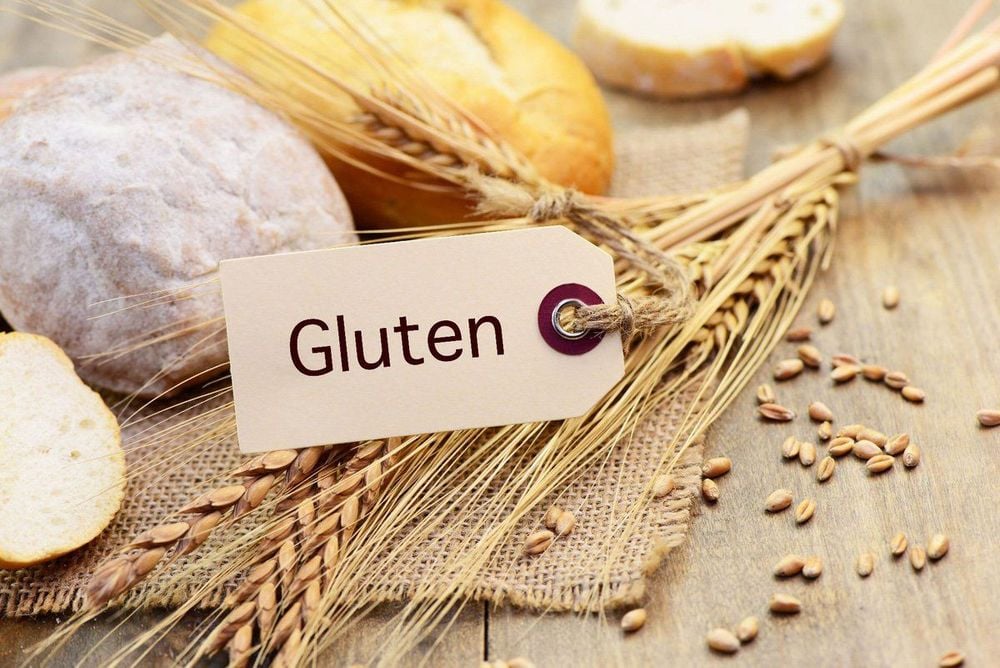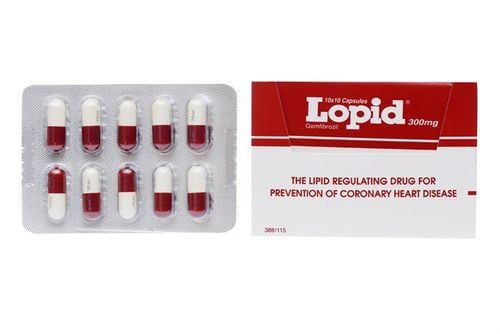This is an automatically translated article.
The macrobiotic diet is a new diet that has emerged in Vietnam in the past few years, and many people believe that a macrobiotic diet can cure incurable diseases. So what is the truth about the macrobiotic diet?
1. The Potentials of the Macrobiotic Diet
The macrobiotic diet, with brown rice, legumes, seaweeds and yin and yang theory to maintain a balance in life, health, towards longevity is a supposed diet. was born in the 60s of the last century, but in fact it has much deeper roots than that.
The macrobiotic diet is not only about weight, it's more about the balance of life. Overall it is a healthy lifestyle for everyone: men, women, children, thanks to a combination of food choices for the body and nourishment for the mind. Followers of a macrobiotic diet are encouraged to eat often, chew food well before swallowing, listen to your body, stay active, and maintain mental well-being.
Whole grains, green vegetables, and some legumes are the basics of a macrobiotic diet, and many people believe that a macrobiotic diet can help prevent or cure cancer. But this belief is not factual and there is no scientific evidence to back it up. However, a macrobiotic diet, due to the use of many plant foods, low in fat and rich in fiber, has the ability to lower the risk of cardiovascular diseases and certain cancers.
2. Foods to eat and foods to avoid in a macrobiotic diet
In a macrobiotic diet, organic whole grains will make up 40% - 60%, including brown rice, barley, millet, oats and corn. Local seasonal greens make up 20% - 30%. The remaining 5% - 10% is for legumes, bean products (such as tofu, miso or tempeh), and seaweeds (such as nori, agar,...).
Fresh fish and seafood, local fruits, pickles, and nuts can be used several times per week. Rice syrup is one of the sometimes used sweeteners.
Milk, eggs, poultry, processed foods, refined sugars, animal meats, tropical fruits, fruit juices, and certain greens (such as asparagus, tomatoes, and tomatoes) purple, spinach, tomatoes and zucchini) are not recommended.
People following a macrobiotic diet are advised to drink water only when thirsty. During food preparation, spicy and highly alcoholic beverages, soda, coffee and anything that is refined, industrially processed or has chemical preservatives are not used.

Người tuân thủ chế độ ăn thực dưỡng chỉ được bổ sung nước
3. Is the macrobiotic diet easy to practice and maintain?
In fact, to be able to practice and maintain a macrobiotic diet takes a lot of effort and effort, but if you get past the first stage, everything will become a lot easier. Like many other things, the macrobiotic diet needs to get used to and acclimatize gradually.
In essence, this is not just a diet, but a whole system of reasoning and way of life. The practice of the macrobiotic diet therefore depends on the extent to which the practitioner wants to do it: merely following the principles of eating that this diet offers, or accepting and practice the entire lifestyle it's about.
The macrobiotic diet also has very specific principles, such as before eating, you need to be happy, or when the food is full in the mouth, you need to chew it well at least 50 times before swallowing. This diet also encourages eating 2-3 times a day and each meal should be stopped before feeling full.
Forms of exercise and sports are encouraged when practicing a macrobiotic diet.
4. Is a macrobiotic diet right for some people with special diets?
For vegetarians who want to practice this diet, there are a few points to note, that is, a primitive macrobiotic diet that allows eating fish, as well as limiting salt and fat intake. However, this can be easily changed to suit, in order to ensure the nutritional needs of vegetarians, including elements such as vitamin B12, iron, zinc, vitamin D and omega fatty acids. - 3.
For people who follow a gluten-free diet, because a macrobiotic diet does not prohibit gluten, these people need to be aware of foods containing gluten to remove them from the food ingredients used. use.

Chế độ ăn thực dưỡng không cấm sử dụng gulten
5. General view of macrobiotic diet
If you want to follow a healthy diet, a macrobiotic diet is a good choice. Although there is no absolute evidence, but with a diet consisting mainly of green vegetables, fruits, and whole grains, there is a great ability to lower the risk of a number of diseases, including: cardiovascular disease and cancer. At the same time, people who practice a macrobiotic diet also enjoy many other health benefits.
For patients with diabetes, high blood pressure, high cholesterol or cardiovascular disease, a macrobiotic diet is an ideal diet, because of its healthy food composition and limited use of food. sugar and high-fat foods.
Besides practicing and maintaining a macrobiotic diet, exercising and sports is also very important, to ensure maximum health benefits for the performer, because in fact there is no such thing as a healthy diet. Any healthy diet does not need to be combined with an exercise regimen.
References: webmd.com and medicinenet.com













